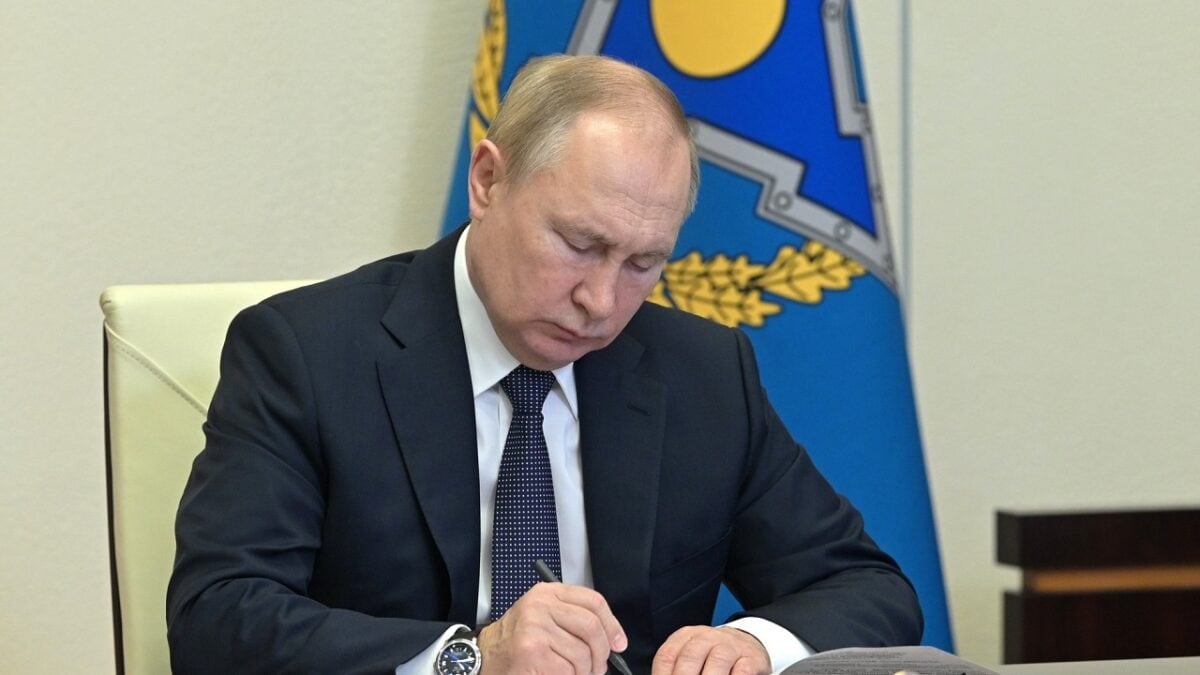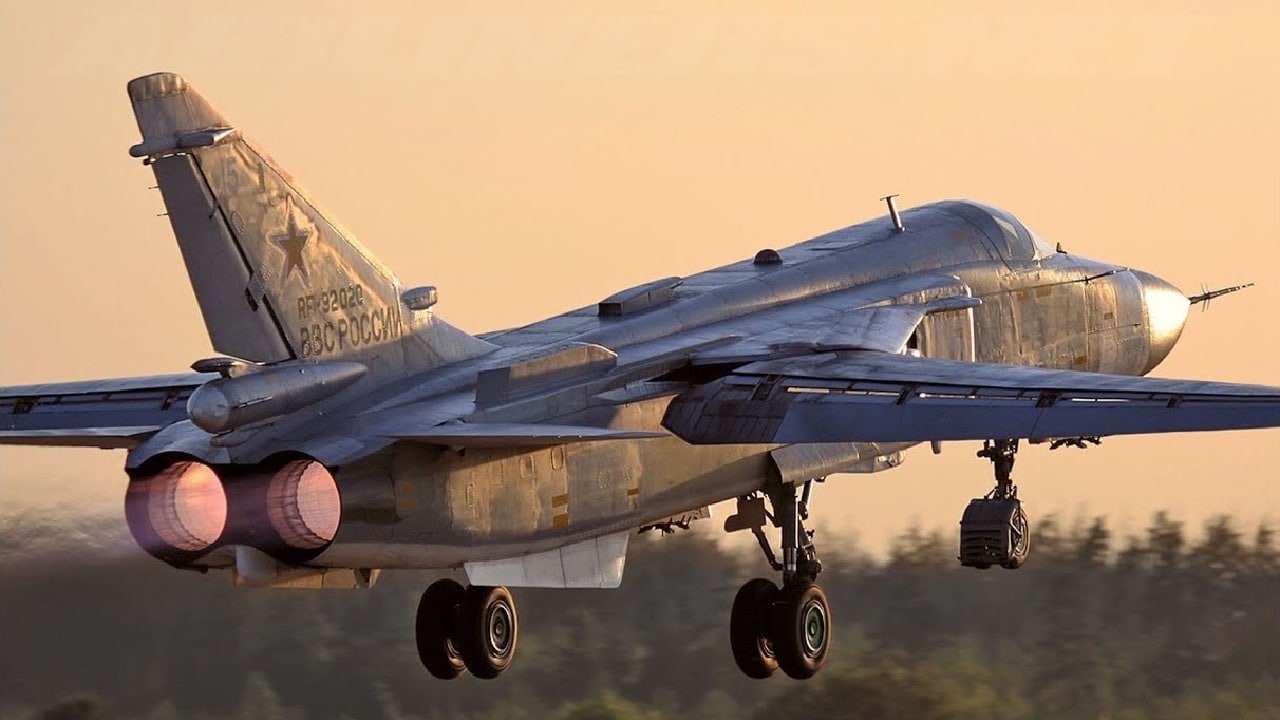Belarus Leader Lukashenko Hints at Nuclear Strikes From Belarusian Planes – Belarusian President Alexander Lukashenko announced on Friday that his country’s aircraft are capable of carrying Russian nuclear weapons – a statement seen widely as explicit support for the Kremlin’s war efforts and against the allied support of NATO countries to Ukraine.
The statement referred to Belarus’ Su024 aircraft which were recently converted to carry Russian nuclear weapons, and comes as Russian President Vladimir Putin promises to increase the nation’s military personnel by 137,000.
Speaking to reporters in Minsk, Lukasheko warned Western countries that neither helicopters nor planes will help if they seek “escalation” – an implied threat of nuclear attacks on NATO countries.
“We, along with Putin, said once in St. Petersburg that we will adapt the Belarusian Su [-24] planes as well to make them capable to carry nuclear arms. Do you think we were just yakking? Everything is ready!” the Belarusian leader said.
Ukraine Rejected Lukashenko’s Independence Day Congratulations
The news from Belarus follows a bizarre greeting from President Lukashenko to Ukraine on the country’s 31st Independence Day. Ukrainian officials rejected the greeting from the Belarusian dictator on Wednesday, slamming the “cynical” message.
Writing on his official website, Lukashenko celebrated Ukraine’s independence from the Soviet Union and wished all citizens of the country “peaceful skies, tolerance, courage, strength and success in restoring a decent life.”
“I am convinced that today’s disputes will not be able to destroy the centuries-old foundation of sincere good neighbourly relations between the peoples of the two countries,” the statement continued.
The comments were understandably looked at with suspicion by Ukrainian officials given Lukashenko’s close ties to Russia and implied support of Russian President Vladimir Putin since the war began on February 23. The Belarusian leader sees the situation differently, however.
Mykhailo Podolyak, a senior adviser to Ukrainian President Volodymyr Zelenskyy, slammed the message in a tweet this week. Podolyak claimed the Belarusian leader “truly believes the world does not notice his participation in crimes against Ukraine.
“That is why he cynically wishes us a ‘peaceful sky’ while allowing deadly rockets to hit us.”

Russian President Putin. Image Credit: Russian Government.
What to Makes of Belarus? Lukashenko Sees Things Differently
In May this year, Lukashenko claimed told The Associated Press that he did not expect the war in Ukraine to last so long and that he was doing “everything” he could to bring the war to an end. Describing the war as a “special military operation” – the term used by the Kremlin to describe the invasion – Lukashenko accused also Kyiv of “provoking” Moscow.
“But I am not immersed in this problem enough to say whether it goes according to plan, like the Russians say, or like I feel it. I want to stress one more time, I feel like this operation has dragged on,” Lukashenko said.
Jack Buckby is a British author, counter-extremism researcher, and journalist based in New York. Reporting on the U.K., Europe, and the U.S., he works to analyze and understand left-wing and right-wing radicalization, and reports on Western governments’ approaches to the pressing issues of today. His books and research papers explore these themes and propose pragmatic solutions to our increasingly polarized society.

